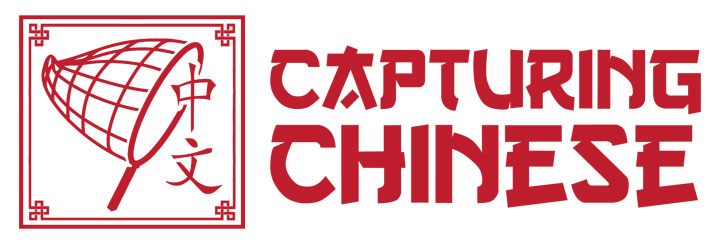Lu Xun's Some Rabbits and a Cat
Some Rabbits and a Cat is another short and easy story by Lu Xun. For an introduction to Lu Xun, then follow this link to An Introduction to Lu Xun.
Rabbits and a Cat
兔和猫
Tù Hé Māo
兔和猫 was published in October 1922 in Běijīng's Morning Post Supplement (晨报副刊 Chénbào Fùkān) 兔和猫 is about Third Missus, Lǔ Xùn's sister-in-law, buying a couple of rabbits. The kids find the rabbits adorable and love to play with them. Since the rabbits begin eating the furniture and wall paper, Third Missus moves them into the courtyard under the mulberry tree. The rabbits manage to scare away the birds that come looking to eat some of the berries from the tree, but the family is most concerned with the neighborhood cat who likes to strut across the courtyard wall. Lǔ Xùn's dog, "S," is relied upon to guard the rabbits from this pesky feline. A few days later, the two rabbits disappear. No one has seen them for quite some time and they begin to worry. However, the two rabbits return from their burrow along with a couple of baby rabbits. The children find this particularly entertaining. A few days later the rabbits disappear again. The family worries after the rabbits don't reappear for quite some time. Third Missus begins digging into their burrow in search of the rabbits, but only finds rabbit fur, a sure sign that the cat found them. Third Missus checks a second, new burrow and there finds the two parent rabbits along with seven new baby rabbits. Not willing to take any more risks, she brings the whole bunch inside and raises the baby rabbits herself. Since the parent rabbits don't seem to being doing a very good job, she makes sure that each of the baby rabbits gets their fair and equal share of the mother's milk. While the Third Missus focuses on tending to the rabbits, Lǔ Xùn has his eye on some potassium cyanide hoping to avenge the rabbits by poisoning the cat. Lǔ Xùn wrote this story when he had a Russian poet, Vasily Eroshenko, who visited him in Běijīng. He also wrote A Comedy of Ducks (鸭的喜剧), which is more about his experience with the Russian poet. Some Rabbits and a Cat 兔和猫| Would you like to read this Chinese short story with pinyin, footnotes with definitions, historical summaries, and cultural references, as well as Chinese audio files of two native speakers, one male and one female, reading the story? Get your copy of Capturing Chinese today! See the Capturing Chinese Catalog |
